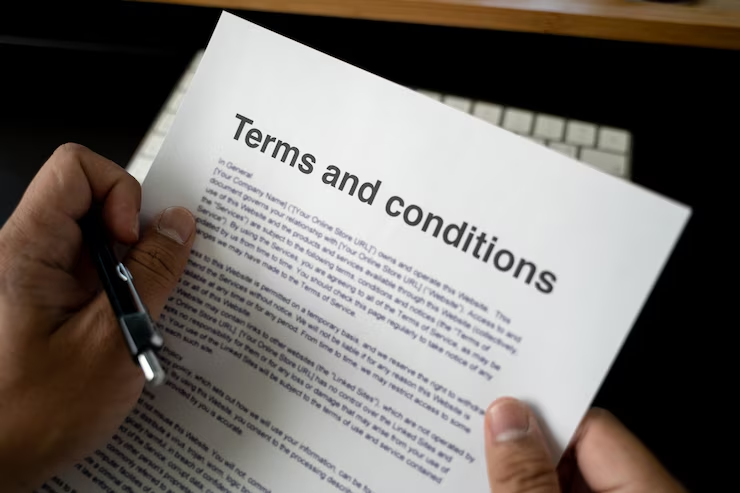Common Contract Disputes and Legal Remedies Available
Understanding Contract Disputes
Contracts are fundamental in both personal and professional settings, serving as binding agreements that outline expectations and responsibilities. However, disputes can arise due to misunderstandings, breaches, or differing interpretations of terms. Understanding these common issues and the available legal remedies is crucial for effectively managing and resolving disputes.
Common Types of Contract Disputes
Breach of Contract:
This occurs when one party fails to fulfill their obligations as outlined in the contract. Breaches can be minor or material and can lead to significant disagreements between the involved parties.
Misinterpretation:
Differing interpretations of contract terms can lead to disputes. This often happens when language in the contract is ambiguous or vague.
Non-Performance:
Sometimes, external factors prevent a party from performing their contractual duties, such as unforeseen events or financial difficulties.
Fraud or Duress:
Disputes can arise if one party claims that they were deceived into signing the contract or were coerced under threat.
Legal Remedies for Contract Disputes
The legal system offers several remedies to resolve contract disputes. Choosing the right one depends on the nature of the breach and the desired outcome for the parties involved.
Compensatory Damages
This remedy involves compensating the non-breaching party for any financial losses incurred as a result of the breach. It aims to restore the party to the position they would have been in if the contract had been performed as agreed.
Rescission
Rescission is an option when a contract is voidable, such as in cases of fraud or misrepresentation. It involves canceling the contract and returning both parties to their pre-contractual state.
Specific Performance
When damages are inadequate, the court may order the breaching party to perform their contractual obligations. This remedy is often used in transactions involving unique or valuable items, such as real estate.
Reformation
Reformation allows for the modification of a contract to reflect the true intentions of the parties. This remedy is applicable in cases involving mutual mistake or errors in the contract's drafting.
Negotiation and Mediation
Many disputes can be resolved more efficiently through negotiation or mediation. These alternative dispute resolution methods allow parties to reach a mutually beneficial agreement without going through the court system.
Conclusion
Contract disputes can be complex, but understanding the common issues and available remedies can help parties navigate these challenges effectively. Whether through legal channels or alternative dispute resolution, addressing disputes promptly and strategically can mitigate potential damages and preserve valuable relationships. For tailored legal advice, consulting with a qualified attorney is recommended to guide you through the dispute resolution process.








